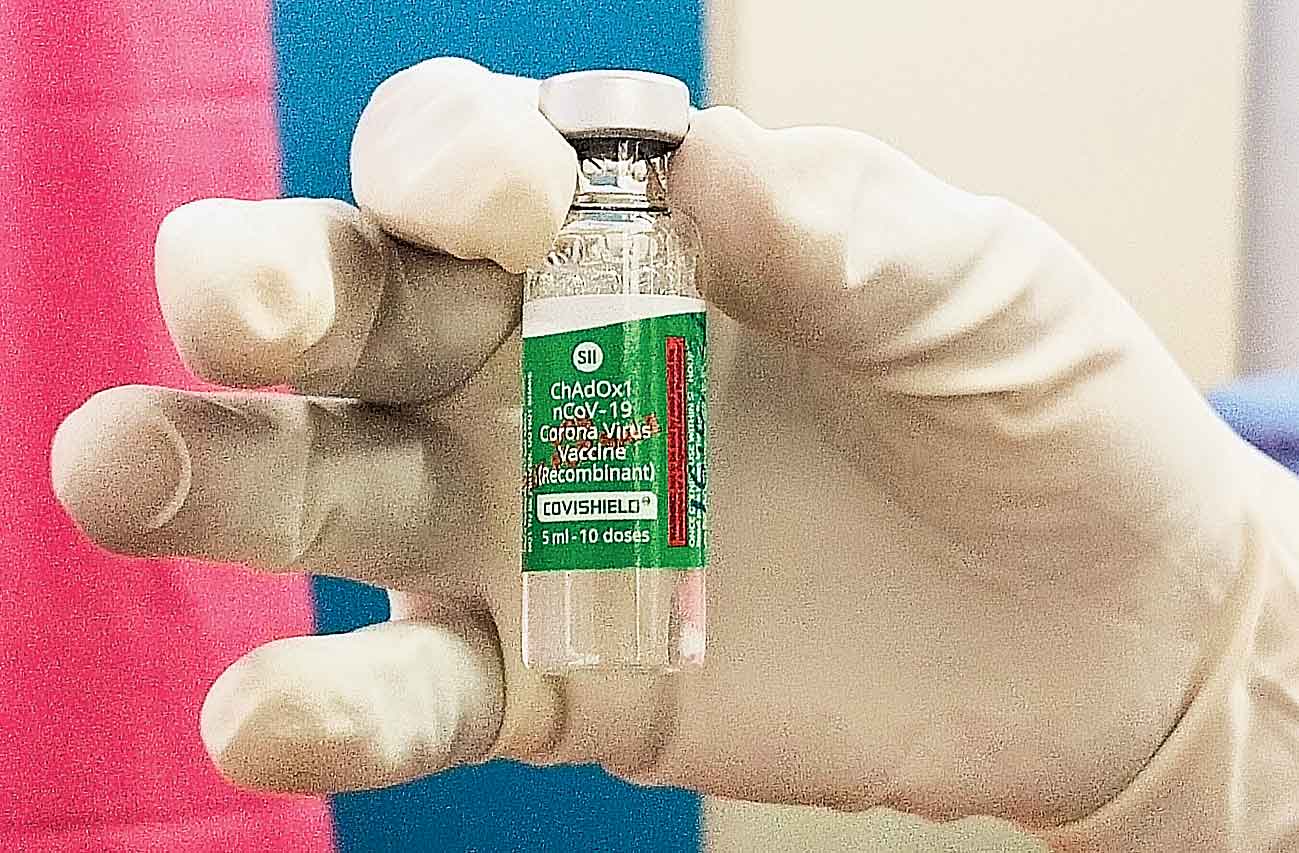A government panel has recommended increasing the gap between two doses of the Covishield vaccine to 12-16 weeks, prompting immediate questions on whether the new norms were in line with international protocols and, more importantly, if the announcement was made in view of the nationwide shortage of vaccines.
According to official sources on Thursday, the National Technical Advisory Group on Immunisation (NTAGI), had not suggested any change in the dosage interval of Covaxin.
The NTAGI stated that those having laboratory test proven SARS-CoV-2 illness should defer COVID-19 vaccination for six months after recovery, the sources said. According to the current protocol, vaccine must be taken four to eight weeks after recovery from COVID-19 infection.
It also suggested that pregnant women may be offered the choice to take any COVID-19 vaccine and that lactating women can be inoculated any time after delivery.
"Based on the available real life evidence particularly from the UK, the COVID-19 working group agreed for increasing the dosing interval to 12-16 weeks between two doses of Covishield vaccine. No change in interval of Covaxin vaccine doses was recommended," the sources said.
Currently, the recommended interval between two doses of Covishield is six to eight weeks.
The recommendations of the NTAGI, which came after a recent meeting of the panel, will be sent to the National Expert Group on Vaccine Administration for COVID-19 (NEGVAC) for approval before the changes are implemented.
This is the second time in three months Covishield dosage intervals have been widened, reported ndtv.com. In March, states and UTs were told to increase the gap from 28 days to six-eight weeks "for better results".
At that time the Centre also said: "Protection was enhanced if the second dose of Covishield was administered between six and eight weeks but not later than that.”
The changes prompted Congress leader Jairam Ramesh to ask the obvious question on the ever-widening recommended interval between doses.
"First, it was four weeks for the 2nd dose, then six-eight weeks and now we are told 12-16 weeks. Is this because there are not enough stocks of the vaccines for all who are eligible or because professional scientific advice says so?" Mr Ramesh asked.
"Can we expect some transparency from the Modi government?" he added.
Widespread shortage
Thursday’s recommendations come amid several states reporting shortage of vaccines. Many states and UTs, including Delhi, Maharashtra, Karnataka and Telangana, have decided to opt for global tenders for procurement of anti-coronavirus shots with the domestic supply falling short to meet the rising demand.
The panel also rejected the proposal for routinely screening all vaccine recipients with rapid antigen testing prior to COVID vaccination.
The NTAGI recommended that all pregnant women visiting for ANC care may be informed about risks and benefits associated with Covishield and Covaxin. Based on the information provided, a pregnant woman may be offered the choice to take any of the COVID 19 vaccine.
An educational tool comprising information on risk of COVID 19 infection during pregnancy, benefits associated with the vaccination and rare complications associated with vaccines like thrombosis and thrombocytopenia (with Covishield) may be developed.
Also, all lactating women are eligible to receive the COVID 19 vaccines any time after delivery, the panel suggested.
According to the current vaccination protocol, pregnant and lactating women should not be administered the shots as they have not been part of any anti-coronavirus vaccine clinical trial so far.











